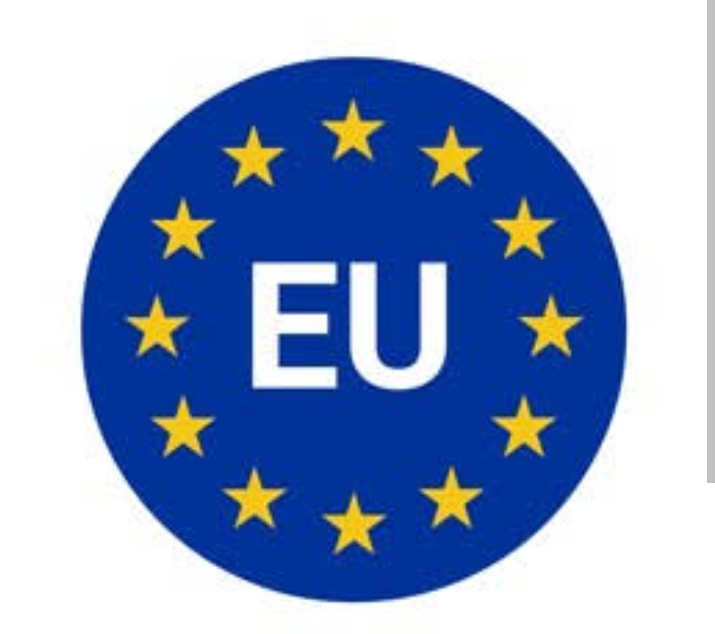The Federal Government, alongside key stakeholders in the disability community, has commended the European Union for its support towards advancing the rights of Persons with Disabilities (PWDs) in Nigeria, especially at a time when international funding from the United States Agency for International Development (USAID) has been withdrawn. The commendation came during the official launch of the Disability Rights Advocacy Project for Inclusive Development, a three-year initiative co-funded by the EU in partnership with Christian Blind Mission (CBM), which took place in Abuja on Thursday.
At the event, the Executive Secretary of the National Commission for Persons with Disabilities, Mr. Ayuba Burki, described the project as timely and vital, stating that it presents an opportunity to deepen inclusion and advocacy for over 25 million Nigerians living with disabilities. He noted that while the project offers fresh hope, it should also serve as a call to action for all stakeholders.
“This project is very commendable,” Burki said. “As a three-year initiative, we expect it to be implemented effectively so that all persons with disabilities are carried along. It is not something that should be left in the hands of a few. Everyone must be involved to ensure success. Disability-related interventions should be inclusive and far-reaching. We are hopeful that by the end of this project, PWDs will feel a sense of relief and empowerment.”
Speaking further, Burki expressed concern over the halt in USAID funding, which he attributed to policy decisions made during the administration of former U.S. President Donald Trump. He admitted that the funding cut would exert pressure on vulnerable countries, particularly in Africa, but urged Nigerian and African leaders to see it as an opportunity for introspection and self-reliance.
“We cannot abandon our people simply because USAID has pulled out,” he stated. “This is a moment for African leaders to re-evaluate their priorities and take ownership of development agendas. Who knows, this may even be a blessing in disguise. Rather than lament, we should reorganise and take responsibility.”
Adding his voice to the discourse, the Founder of The Albino Foundation, Chief Jack Epelle, stressed that it was unsustainable for Nigeria and other developing nations to rely solely on external aid. While acknowledging the gap left by the USAID withdrawal, Epelle urged Nigeria to begin taking bold steps towards funding its own development initiatives.
“I think what has happened is both a good and a bad omen,” Epelle remarked. “It is good because we can no longer depend solely on development funding from abroad. We must begin to develop our own systems and be capable of supporting others in the future. However, it is bad in the sense that many USAID-backed projects had already employed people and were expected to run for years. The sudden halt could throw some families into economic hardship and push children out of school.”
Despite the challenges, Epelle praised the European Union for stepping in and prioritising disability rights, especially at the grassroots level where the impact is most needed.
The Head of Programme Implementation at CBM Global, Mr. Bright Ekweremadu, also emphasised the significance of the new initiative. He noted that the timing of the EU-funded project could not have been better, given the prevailing challenges faced by PWDs and the dwindling support from other international partners.
Ekweremadu expressed gratitude to the EU, stating, “We all witnessed the sudden funding cut from USAID. In such a climate, the EU’s decision to support this advocacy project is a powerful statement of commitment to human dignity. Today’s launch symbolises a shared vision of a Nigeria where ability, not disability, defines a person’s worth. Together, we can break the barriers and ensure that no one is left behind.”
The head of the EU delegation in Nigeria, Wynyfred Egbuson, during her remarks, shed light on the rigorous process that led to the selection of CBM and its partners as implementers of the project. She revealed that the journey began in June 2024 with a call for proposals that drew 31 applications from various civil society and human rights organisations. CBM and its partners were selected following a thorough three-stage assessment.
Egbuson stressed the importance of such initiatives, pointing out that roughly one in every ten Nigerians lives with a form of disability, translating to over 25 million individuals. According to her, many of these individuals remain marginalised due to stigma, discrimination, and systemic exclusion from social and economic opportunities.
“This project is not just about funding,” she said. “It is about restoring dignity and opening doors that have long been closed to people with disabilities. There’s still a long way to go, but this is a solid step in the right direction.”
The Disability Rights Advocacy Project for Inclusive Development is expected to play a transformative role over the next three years, focusing on inclusive governance, access to social services, and policy advocacy for a more equitable Nigeria. As the country grapples with the implications of reduced foreign aid, the project serves as a beacon of hope and a reminder of the importance of homegrown solutions backed by genuine international partnerships.
